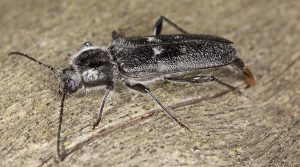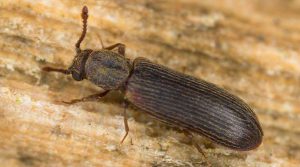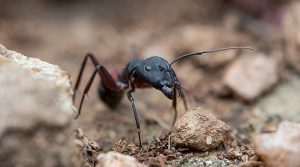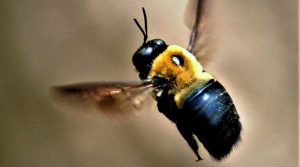Termite Inspections
Wood destroying insects like termites can compromise the structural integrity of your home leading to unsafe conditions and expensive repairs. We can help you know if your home has or has had wood-destroying insect issues.
Termites in North Carolina
Termites feed on wood, more specifically, they feed on the cellulose that makes up wood. Termites like to wreak havoc on structural lumber (what your house is built with), cardboard boxes, wood paneling, flooring, mulch, and other wood products.
What are the typical signs of termite activity?
- Mud Tubes: Mud tubes are like termite highways. They travel through these tubes from the ground to sources of food, like your house’s floor structure. These tube structures can be found on the foundation walls, floor joist, piers, columns, and even ceilings
- Swarming: Termites live in colonies, but once these colonies grow too large, they need to expand. Hundreds or even thousands of swarmers will leave the colony to reproduce and expand into another colony.
- Brittle Wood: Because termites eat wood, usually from the inside out, wood infested with termites will become weak and brittle. It can often be broken apart by hand.
SureSafe Termite Inspections are performed by 3rd party highly trained, professional pest inspectors
Other Wood Destroying Insects

Old House Borer
Old House Borers attack pine and other softwoods, like those used in home construction. They burrow into the wood and make a clicking or rasping sound as they chew through the wood. They can do a lot of damage in a short amount of time.

Powder Post Beetle
Powder Post Beetles are second only to termites in their destructive power. The larvae are the ones who feed on and destroy wood. Adult powder post beetles burrow holes in wood, lay their eggs and the larvae feast on the wood around them.

Carpenter Ant
Carpenter Ants are common in the Charlotte, NC area. They are attracted to moisture and rotting wood. Like other wood-destroying insects, they chew through wood, which will reduce the structural integrity of your home.

Carpenter Bee
Carpenter Bees look similar to bumblebees, but carpenter bees don’t make traditional paper nests. They are solitary creatures, burrowing into wood to lay their eggs. The holes they chew into wood allow moisture to penetrate the wood, which leads to rot.
The North Carolina Department of Agriculture & Consumer Services has an excellent article explaining more about Wood Destroying Insect inspections.